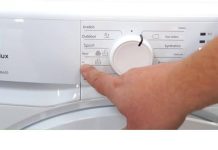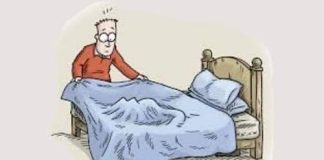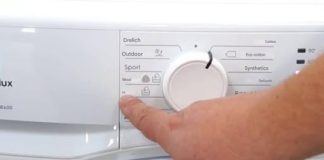In a heartrending incident, Idaho-based parenting influencer Lindsay Dewey experienced the devastating loss of her 22-month-old son, Reed, due to a preventable household accident. While Dewey was preparing dinner, Reed was playing nearby when he pulled on a suction cup bowl attached to a large, unanchored freestanding mirror. The mirror toppled over, striking him and causing a fatal traumatic brain injury. Despite immediate medical attention, Reed was declared brain dead at the hospital.
The Hidden Dangers of Unsecured Furniture
Dewey admitted that she hadn’t considered anchoring the mirror, believing it was too heavy for her children to move. This tragedy underscores the often-overlooked risks posed by unsecured household items. Furniture tip-overs are a significant hazard, especially for young children. According to the Consumer Product Safety Commission (CPSC), between 2000 and 2018, there were 556 fatalities caused by tip-overs, with 83% involving children aged 1 month to 14 years. Common items such as dressers, bookshelves, and televisions can become deadly if not properly secured. Children, driven by curiosity, may climb or pull on these items, leading to tip-overs. The CPSC’s “Anchor It!” campaign emphasizes the importance of anchoring furniture to prevent such accidents.
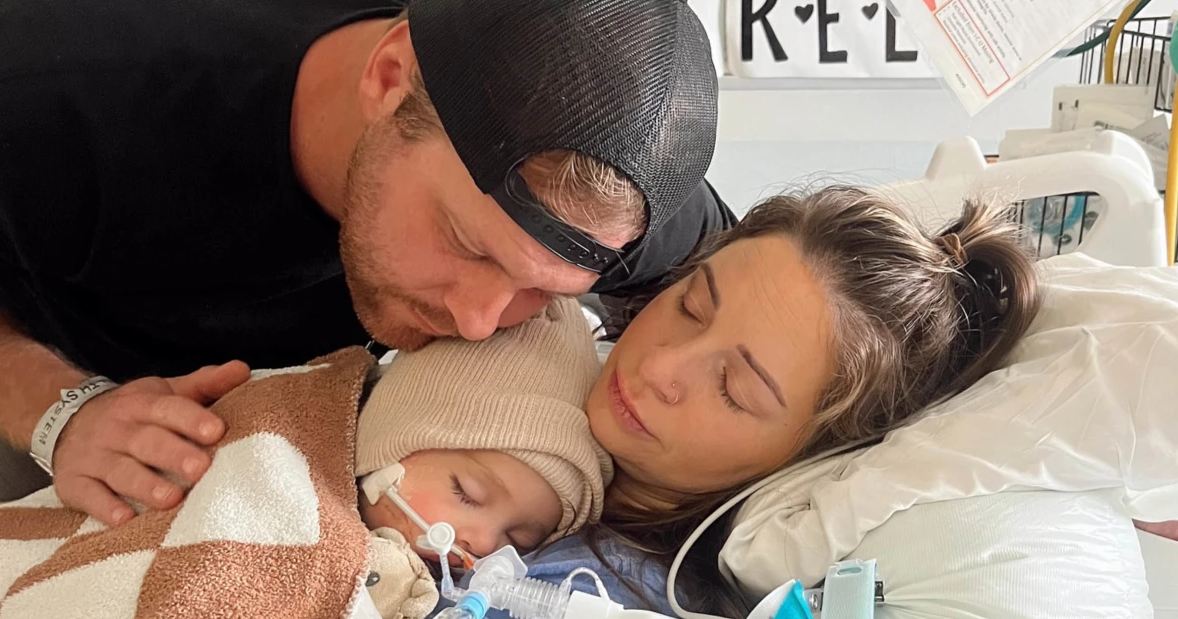
A Mother’s Mission to Raise Awareness
In the wake of Reed’s death, Dewey has taken to social media to share her story, aiming to prevent similar tragedies. She hopes that by highlighting the dangers of unsecured furniture, other families will take proactive measures to safeguard their homes. “We’re only sharing this because we don’t want this happening to anybody,” Dewey stated. Her candid account has prompted many of her followers to reassess the safety of their own homes. Dewey’s advocacy joins a broader movement of parents who have lost children to furniture tip-overs. Organizations like Parents Against Tip-Overs (PAT) work tirelessly to promote awareness and push for stricter safety standards. Their efforts have led to legislative initiatives such as the Stop Tip-Overs of Unstable, Risky Dressers on Youth (STURDY) Act, which aims to establish mandatory safety standards for furniture.
Steps to Enhance Home Safety
To prevent tip-over accidents, the CPSC recommends several safety measures:
- Anchor Furniture: Secure dressers, bookshelves, and televisions to the wall using appropriate anchoring devices.
- Place Heavy Items Low: Store heavier items in lower drawers or shelves to reduce the risk of toppling.
- Avoid Tempting Climbing: Keep toys, remotes, and other attractive items off high surfaces to discourage children from climbing.
- Supervise Children: Always monitor young children, especially in rooms with large or heavy furniture.
- Anchoring kits are widely available and can be installed with basic tools. Taking these precautions can significantly reduce the risk of accidents.
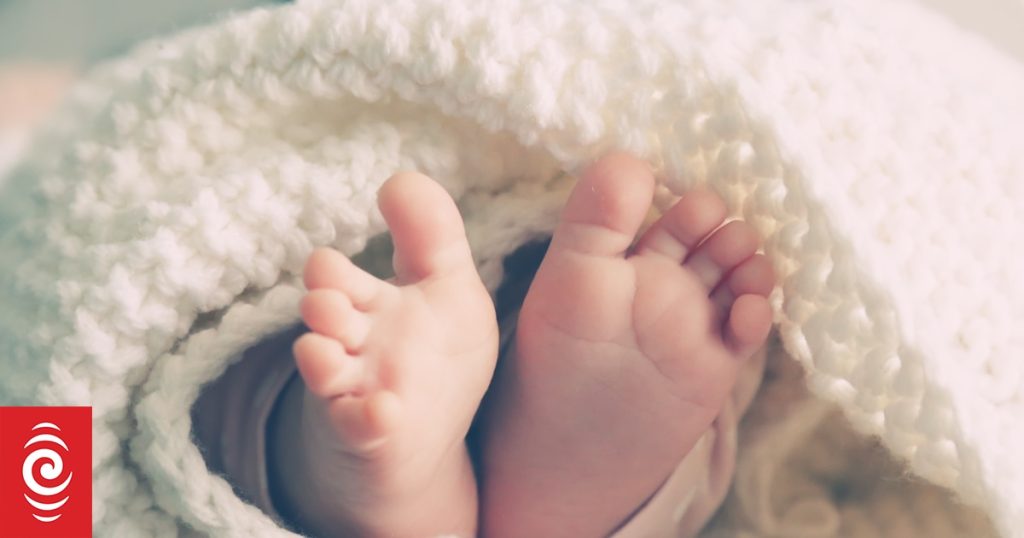
Turning Grief into Purpose
Despite their immense loss, the Dewey family chose to donate Reed’s organs, offering hope to five other children. “Although our son never got his miracle, he was the miracle to five other children,” Dewey shared. Her strength and commitment to raising awareness serve as a powerful reminder of the impact one family’s story can have on countless others.
Conclusion
By sharing Reed’s story, the Deweys hope to inspire other families to take proactive steps in securing their homes, ensuring that such preventable tragedies become a thing of the past.





